Useful information to help you safely use legal background music in your corporate and marketing videos

Hope you find this helpful! If you have more questions to add to the list, don’t hesitate to post it in the comments!
Questions about free music
I found some free music on the Web, can I use this music in my video?
It depends. Let’s look at some common situations:
- Music in public domain
Yes, you can absolutely use any public domain music, as long as you can reliably tell it is indeed in public domain. Public domain includes music with copyright expired, put in public domain by copyright owner or music that never had copyright (like folk songs). Keep in mind that even if the composition is in public domain, the recording of that composition may be still copyrighted. That’s often the case with the classical and jazz music recordings. - Music under Creative Commons license
Yes, you can certainly use the Creative Commons music, as long as you respect the restrictions of the particular license. Read more about Creative Commons limitations below. - Free music available on social and musicians Web sites
It depends. Many musicians offer their music for free download for personal listening but not necessarily for other uses. In this case, it’s best to contact the musician directly and to ask permission. Ideally, for anything business related you should request the written permission that explicitly covers your intended use. Read more about what questions you need to ask. - Free music available on the file sharing sites, ripped off another video, licensed to somebody else, “rights-free” music, and so on
I would advice against using any music source where you cannot reliably establish both the ownership and allowed usage. Remember this: in order to use any music legally, you must secure the permission directly from the copyright owner to be perfectly sure you are not infringing. The fact that you can download the music for free does NOT substitute for the permission.
Related: Where To Find Great Background Music to Use in Low-Budget Videos
What is Creative Commons license?
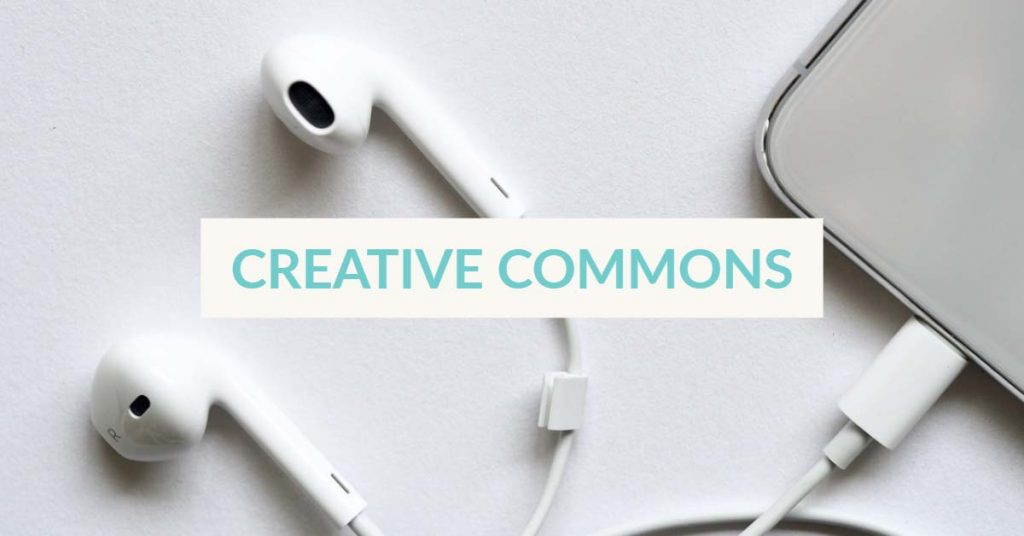
Creative Commons license gives you the right to use copyrighted music free of charge under certain conditions. Some common restrictions include non-commercial use or mandatory attribution (that is, giving credit to the author).
Can I use Creative Commons music any way I want?
No, you can only use the music under the conditions specified by the license. The most common limitation is “Attribution”. That is, if you want to use the music, you must clearly credit the musician. Other limitations include “Share Alike” and “Non-Commercial Use”.
What does Creative Commons “Share Alike” mean?
It means that you must distribute your work under the same terms as the music.
Questions about finding legal music for business use
Is this possible to use copyrighted music in video?
Yes, it is possible provided you have the permission of the copyright owner. Furthermore, keep in mind that with music you need to secure the permission (that is, the license) from both the songwriter and the performer (or the publisher and the recording label respectively).
Related: How To Legally Use Copyrighted Music in Your Video
Can I use copyrighted music if I give credit?
No. Giving credit does not automatically grant you any special rights.
Related: 5 Music Licensing Mistakes that Can Make Your Video Disappear
Questions about licensing music directly from musicians and composers
Is it safe to license music from an indie musician?
Licensing music directly from musicians and composers is perfectly acceptable as long as you do your due diligence. You need to be sure that the musician that offers you the license indeed has complete control over the musical work in question and no other party can claim ownership. Ask the musician if he or she:
- Ever been signed up with a record label that may claim the rights to the recording.
- Has a publisher that may claim the publishing right to the song.
- Affiliated with a Performance Rights Organization (PRO) that may claim royalties for the public performance (such as on radio, TV, or other venues).
- Played or recorded with band members that may claim the co-ownership on the song.
- Co-writes with others who may claim the publishing rights.
- Has proper release forms signed by all guest singers and performers who participated in the recording.
As with any business contract, the licensing agreement must be done in writing and clearly spell out all allowed usage and conditions. If you do this on a regular bases, it may be worthwhile to invest into a standard licensing agreement prepared by a professional entertainment attorney.
What are Performance Rights Organizations (PROs)?
PROs are in charge or collecting royalty from the parties who wish to use copyrighted music in public performances. Performance usually refers to broadcasting the music on television but may apply to other venues as well. Examples of PROs are ASCAP, BMI, PRS or SOCAN.
UNLIMITED ROYALTY FREE MUSIC FOR VIDEOS & COMMERCIAL USE
Unlimited download. Lifetime license. Save over 50%.
Questions about royalty free music
What is royalty free music?
Royalty Free music license gives your the right to use copyrighted music without the need to pay royalties or license fees for recurring use or per volume sold. Depending on the context, the recurring use may refer to how many times the end user gets to hear the music in a video or in how many videos you can use the music.
This licensing model allows small business owners and video producers to use affordable background music without having to secure separate sync and master licenses and worrying about usage reporting.
Related: What is Royalty-Free Music?
Related: Learn more about sync (synchronization) licenses
Does Royalty free mean it’s copyright free?
No. Royalty free is a licensing model, it does not mean the content is free of copyright.
Related: 5 Important Things to Remember When Searching for Royalty Free Music for Your Video
Have a music licensing question?
Post it in the comments!
Making lots of videos?

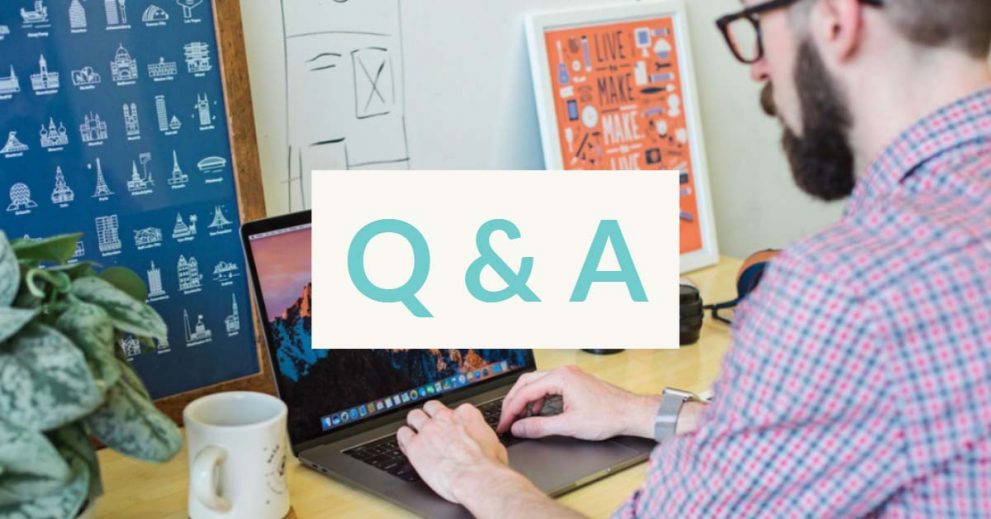
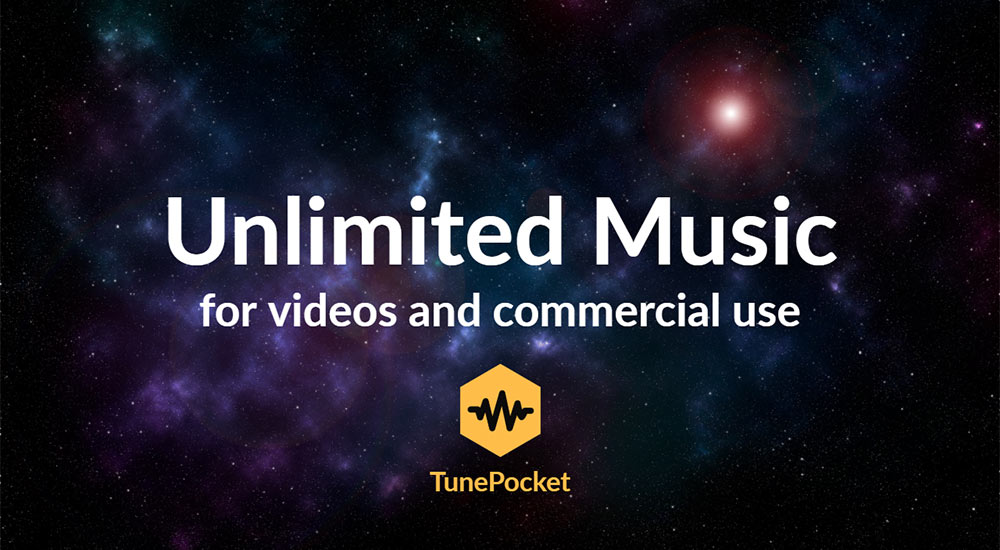
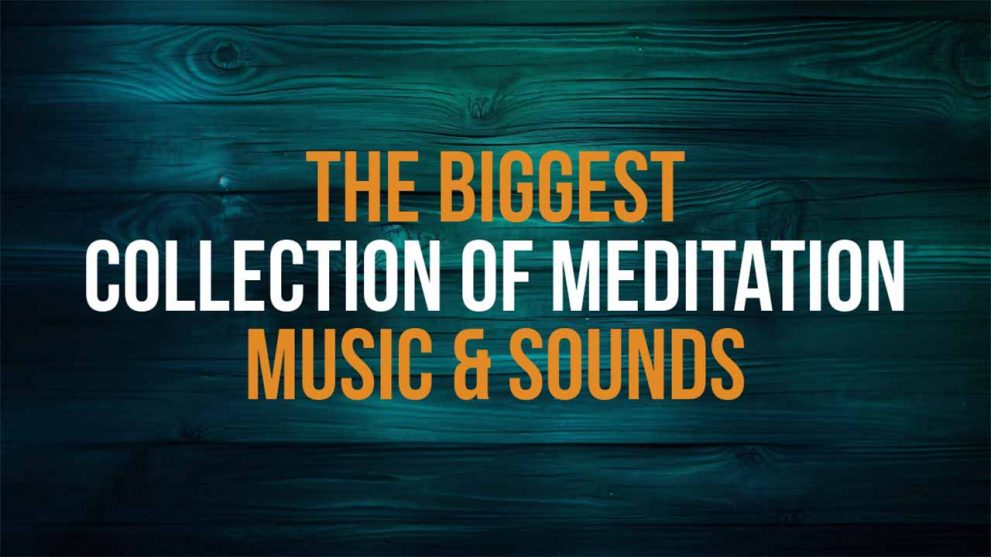
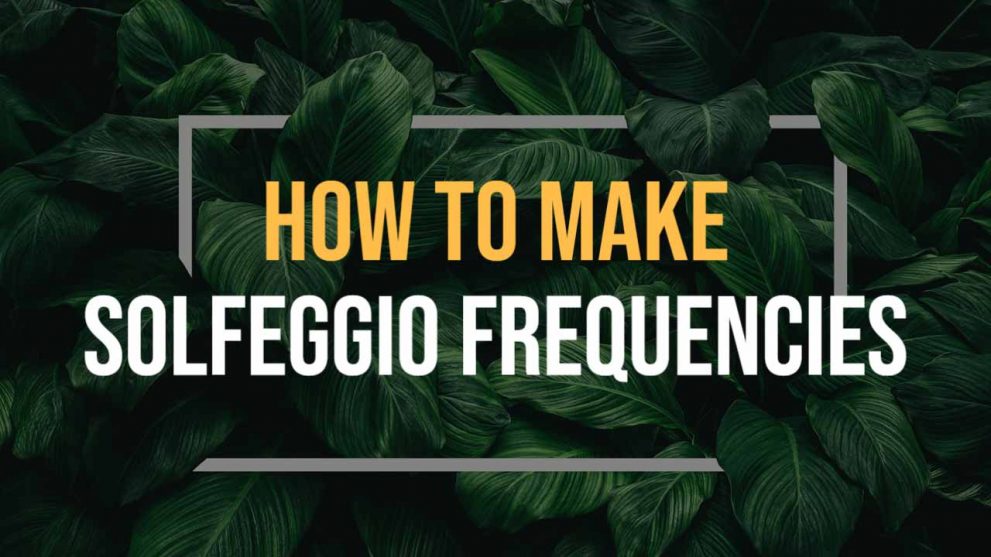
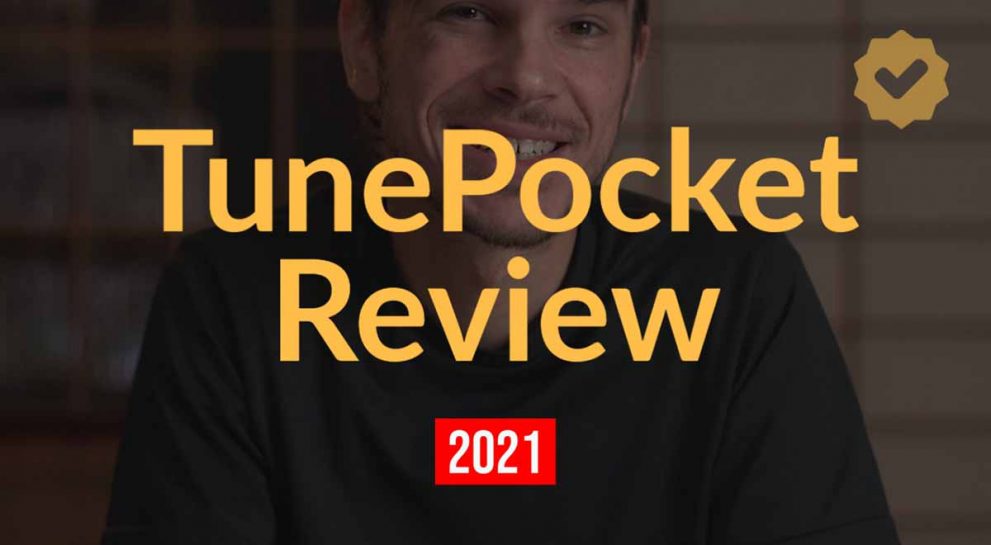
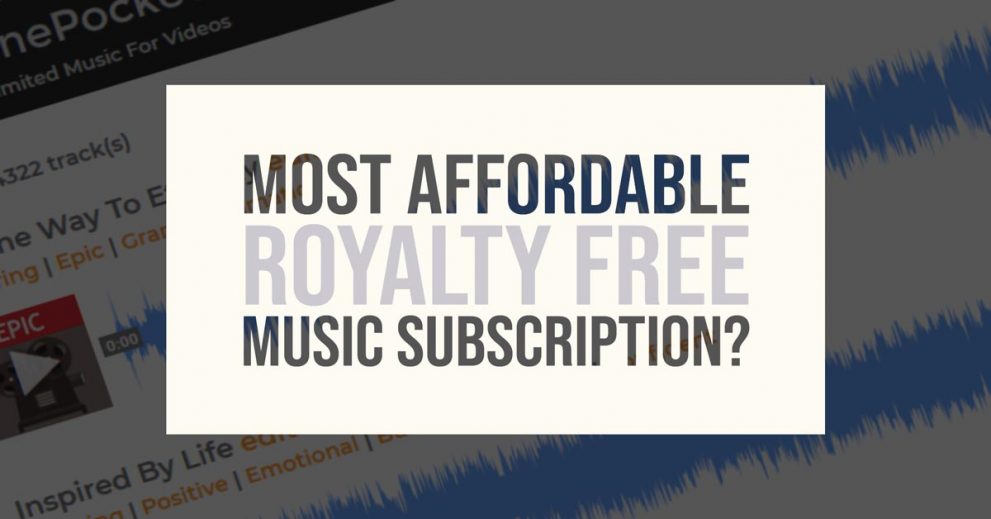
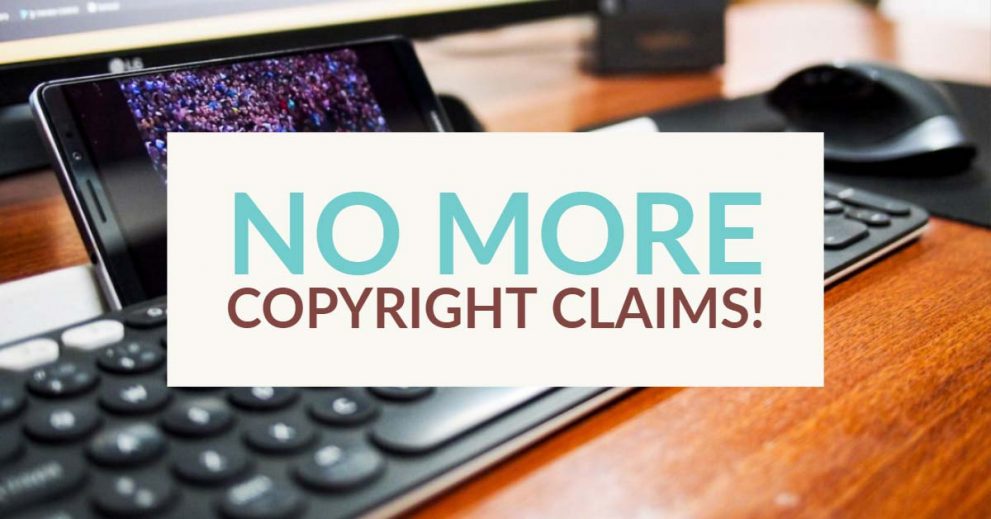
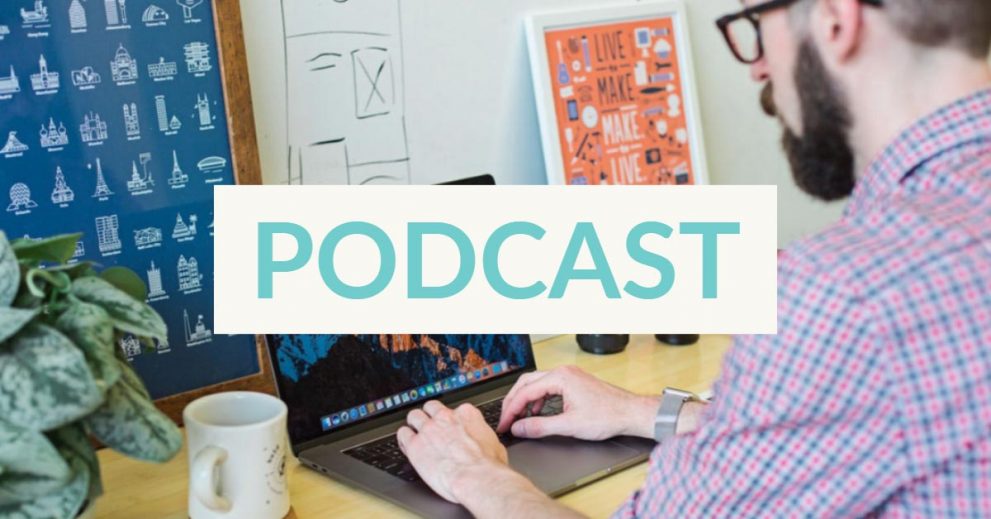








Thanks a lot for this article. Was researching about use of music for my corporate promo videos. Your article is the best to get started.
Mit